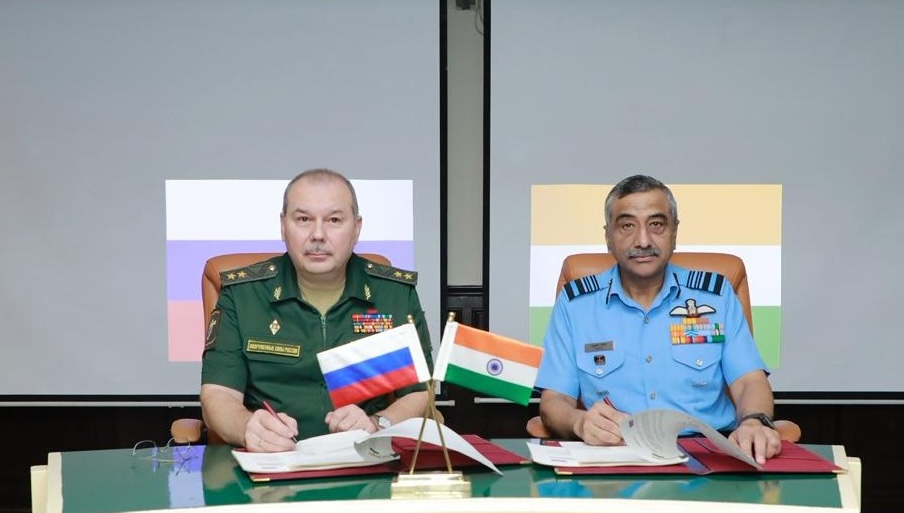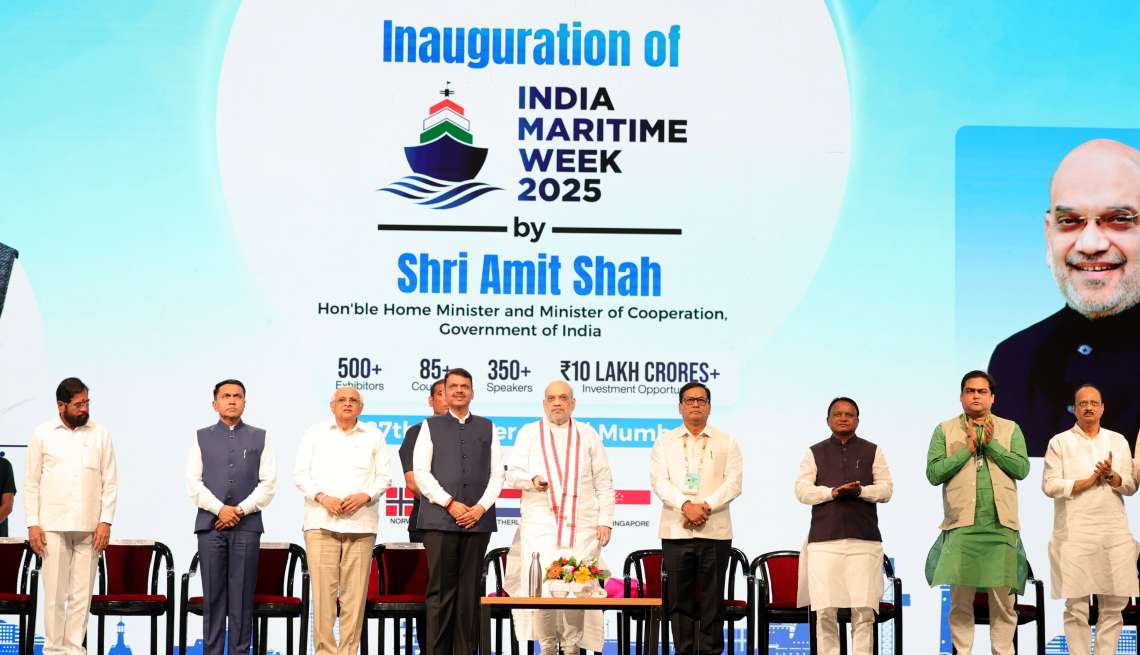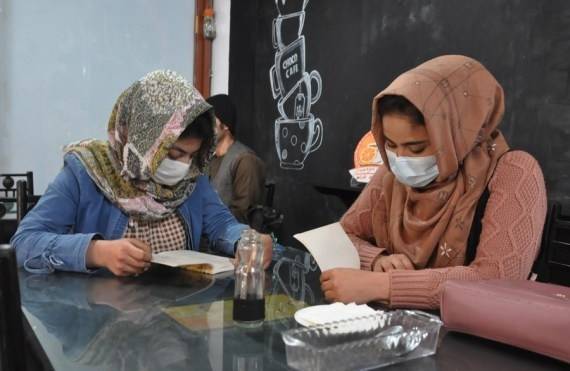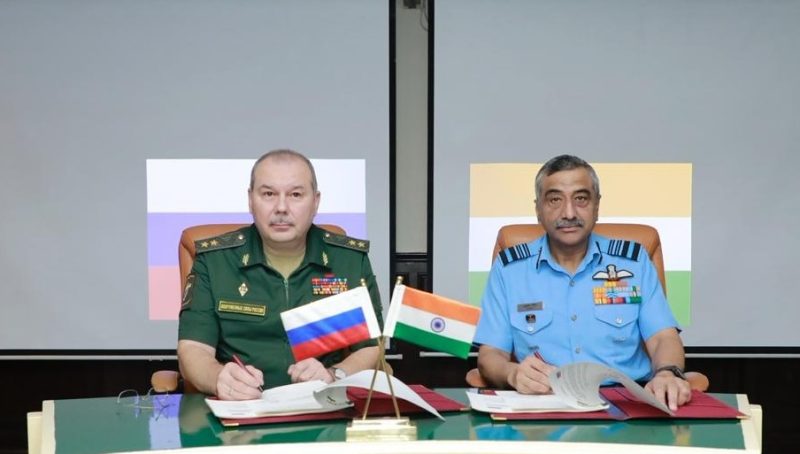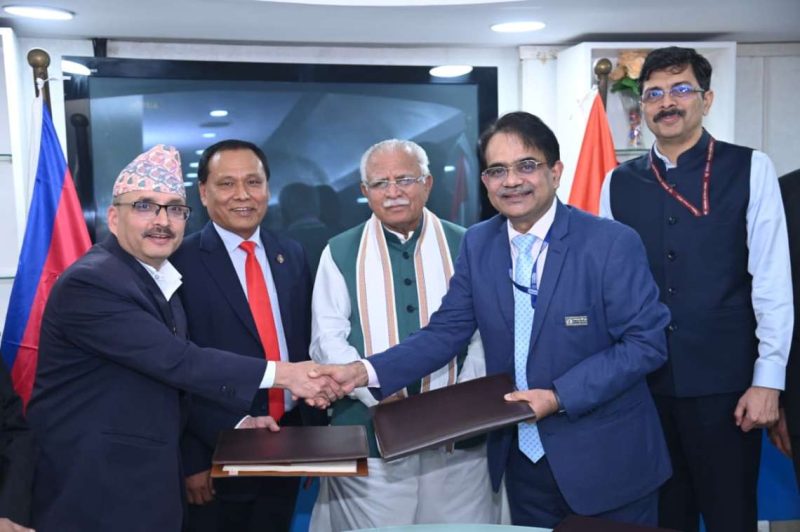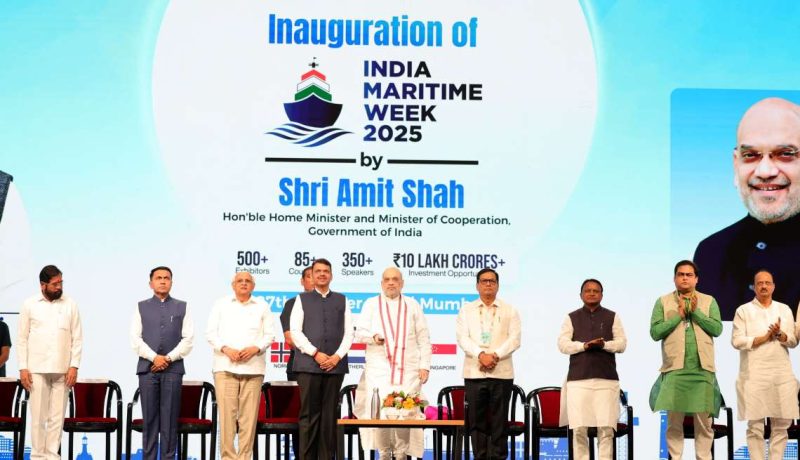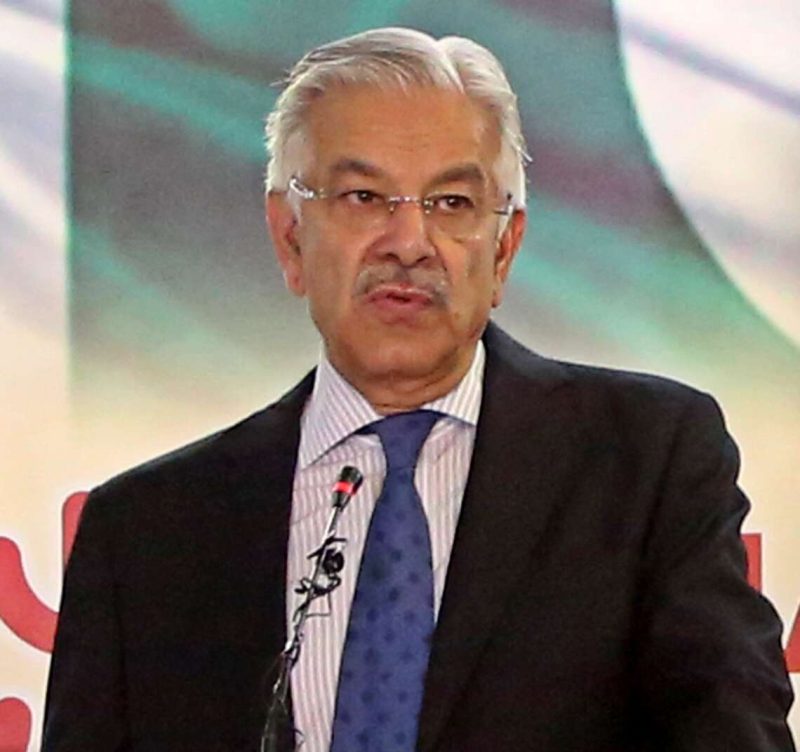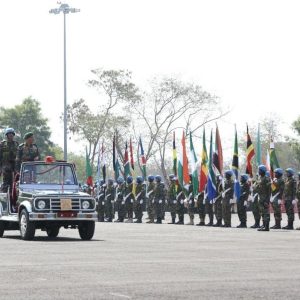If Quad can maintain its momentum and build further convergences on some of the issues they have identified as areas of cooperation, one would not be surprised to see a Quad-plus, if not on security issues, but surely on issues like supply-chain initiatives, climate, terrorism and humanitarian matters, writes Baladas Ghoshal
One is not sure whether the Quad as yet is a ‘powerful mechanism to push back coercion in the Indo-Pacific’, as the US Secretary of State Antony Blinken, claimed just before the meeting of the Foreign Ministers (FM) of the countries belonging to the group in Melbourne, Australia, on February 11, 2022.
But after two summits and four rounds of meeting of FMs, the grouping has undoubtedly gained a major salience in the discourses on strategic issues in the region, as well as slowly, but steadily, emerging as an institutional framework to deal with security, economic and humanitarian issues. Symbolic of Quad’s traction is the joint statements issued by its leaders after their in-person summit in September 2021, as well as after the meeting of FM’s meeting in Melbourne last week, where they reaffirmed the Quad’s commitment to supporting Indo-Pacific countries’ efforts to advance a free and open Indo-Pacific — a region which is inclusive and resilient, and in which states strive to protect the interests of their people, free from coercion. Antony Blinken’s statement at the FM’s meeting regarding what the Quad means is worth quoting here. He noted, “What’s so striking to me as we get together is that this is a group of countries brought together not by what we are against but what we are for. That quite simply is a free and open Indo-Pacific.”

Quad is no longer concerned with just the security issues arising from China’s assertive behaviour and the threat it poses to peace and stability not only in South China sea but also in areas like Ladakh and Doklam where the Chinese are engaged in creeping occupation violating the basic norms of civilised state conduct, but has broadened its focus to include issues like health in the form of commitments towards supplying vaccines and other medical support to deal with the Covid pandemic, terrorism — a common menace to peace and well-being of the mankind, climate change and humanitarian issues.
Their partnership and commitment to work together was most reflected in the joint statement from Quad leaders: “We, the leaders of Australia, India, Japan and the US convened on Wednesday in person as ‘the Quad’ for the first time. On this historic occasion we recommit to our partnership and to a region that is a bedrock of our shared security and prosperity — free and open Indo-Pacific, which is also inclusive and resilient…. Since our first meeting, we have made considerable progress in tackling some of the world’s most pressing challenges: the Covid-19 pandemic, climate crisis, and critical and emerging technologies.”

The fourth Quad Foreign Ministers’ meeting was more of an attempt to review the progress made since the vision was laid out at the Quad Leaders’ Summit, to quote External Affairs Minister, S. Jaishankar, who thought the success behind Quad working so well is because “our bilateral relations have been very strong. Surely, I expect the progress in our bilateral relations to be there in Quad as well,” he added. The development of closer cooperation between the constituent members in the areas of defence and security, economic arenas, supply chain initiatives, connectivity through quality infrastructures and on many other humanitarian issues is the glue that binds the grouping despite their diverse and respective foreign and defence policy concerns.
That shows their unity on certain basic issues confronting the Indo-Pacific region. There was no consensus on issues like Ukraine, Russia and Myanmar on which New Delhi had reservations regarding the way the others wanted to deal with them, but they all maintained a healthy attitude of agreeing to disagree. This show of unity may also have some indirect effect on some countries of ASEAN who are showing some signs of willingness on their part to push back in some or the other against Beijing’s South China Sea bellicosity.
Indonesia’s readiness to call a meeting of the Coast Guards of five countries of ASEAN in the backdrop of intrusive activities of Chinese Coast Guards; Filipino decision to acquire BrahMos missiles; Thailand cutting down high-speed rail projects are all indications of a subtle change in their attitude towards China in recent months. And they are all developing closer interactions with the countries forming part of Quad. If Quad can maintain its momentum and build further convergences on some of the issues they have identified as areas of cooperation, one would not be surprised to see a Quad-plus, if not on security issues, but surely on issues like supply-chain initiatives, climate, terrorism and humanitarian matters.

The most important consensus the grouping achieved in the FM’s meet is the question of terrorism. In a joint statement, the Quad FMs condemned the use of terrorist proxies for cross-border terrorism while encouraging other nations as well to work in unison to eliminate terrorist safe havens. “We denounce the use of terrorist proxies for cross-border terrorism and urge countries to work together to eliminate terrorist safe havens; disrupt terrorist networks and the infrastructure and financial channels which sustain them; and halt cross-border movement of terrorists,” the Minister said in a joint statement without taking name of any particular nation. The statement is most significant from the point of New Delhi as it reflected the US, Australia and Japan’s support to India’s fight against terrorism when they denounced the 26/11 Mumbai and Pathankot attacks. These statements can also be seen as highlighting Pakistan’s role in fomenting instability in the Jammu and Kashmir region. All members also agreed that Afghanistan must be stopped from becoming a terrorism safe haven.
Coming back to Antony Blinken’s contention that Quad is a powerful mechanism to push back coercion in the Indo-Pacific will be judged by Quad’s performances in the coming days. As the saying goes “the taste of the pudding lies in its eating”.
(Baladas Ghoshal is a former Professor and Chair in Southeast Asian Studies, Jawaharlal Nehru University and Secretary General, Society for Indian Ocean Studies) (The content is being carried under an arrangement with indianarrative.com)



